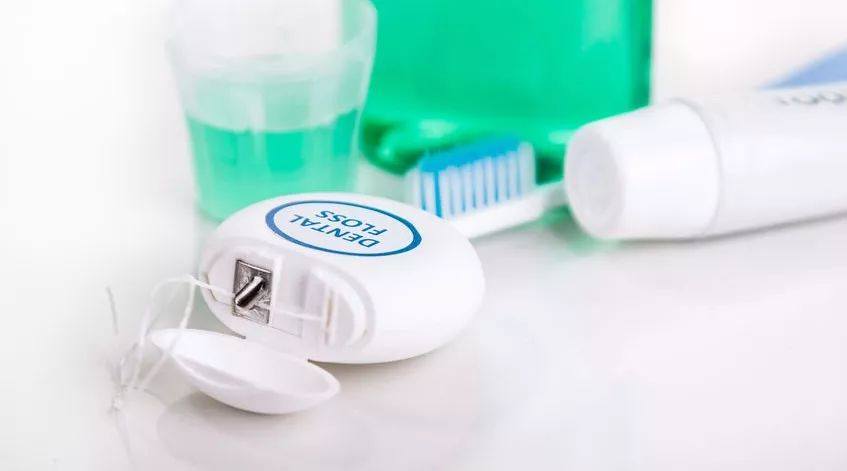
No one wants halitosis to happen.
When I woke up in the morning, I wanted to send out a good morning kiss. When I opened my mouth, I smoked myself first.
When chatting with others, they always bow their heads, frown and rub their noses from time to time.
Don’t be too sad, after all… you are not alone in halitosis.
A survey of 2,000 people in China in 2006 showed that the prevalence rate of halitosis was 26.4%.
In other words, one in four people has halitosis.
So, how does halitosis come about? If you want to say goodbye to halitosis, is there a good way for what?
Do you really have bad breath?
Halitosis refers to the unpleasant smell emitted by the oral cavity when speaking or breathing.
Some people’s halitosis is so bad that even their mother-in-law dislikes it. There are also some people who think they have halitosis even though they do not have halitosis.
You are right, there will really be people [looking for halitosis without halitosis].
Let’s seriously popularize the classification of halitosis:
- The first type is true halitosis, that is, there is really halitosis. The second type is pseudo halitosis, which refers to the patient’s self-feeling of oral odor, but the examination results do not have halitosis. The third type is called halitosis phobia, which is manifested in the patient who has no halitosis symptoms, still has psychological disorders, and constantly requires treatment.
As for whether you have halitosis… will your plastic flower friend have no points in his heart?
Of course, there are also self-test methods: synthesize your hands into bowls, wrap your mouth and nasal cavity, then breathe a sigh of relief, and then inhale through your nose.
If you can smell peculiar smell, it means you have halitosis.
How to treat halitosis?

The treatment methods for halitosis cannot be generalized, and targeted treatment is reliable.
When we discuss true halitosis, we will divide it into three categories:
1. Physiological halitosis:
When you wake up, there will always be a strong strange smell in your mouth.
This is because when we sleep, the muscle exercise of tongue and oral cavity becomes smaller and saliva secretion decreases, resulting in peculiar smell in oral cavity.
This kind of halitosis belongs to physiological halitosis and is not a big problem.
Brush your teeth well and a good day will begin.
2. Pathological halitosis:
Pathological halitosis, as its name implies, is halitosis caused by diseases, which is divided into oral and non-oral sources.
In fact, 80% ~ 90% of halitosis belongs to oral halitosis.
Some people have accumulated a large amount of plaque, soft dirt and dental calculus on their teeth, while others suffer from oral diseases such as gingivitis, periodontal disease and caries, which are easy to lead to oral halitosis.
Non-oral halitosis, including halitosis caused by respiratory tract sources, blood carrying sources, etc.
Halitosis caused by [bad intestines and stomach] is very rare.
If you have gastroesophageal reflux disease, intermittent halitosis may occur when severe gastric acid reflux occurs.
3. Halitosis caused by other reasons:
Smoking is easy to cause halitosis. Women may also suffer from halitosis during menstruation.
Also, after eating stinky tofu, garlic, durian… you know.
In short, find out the reason, and then solve it, then OK!
